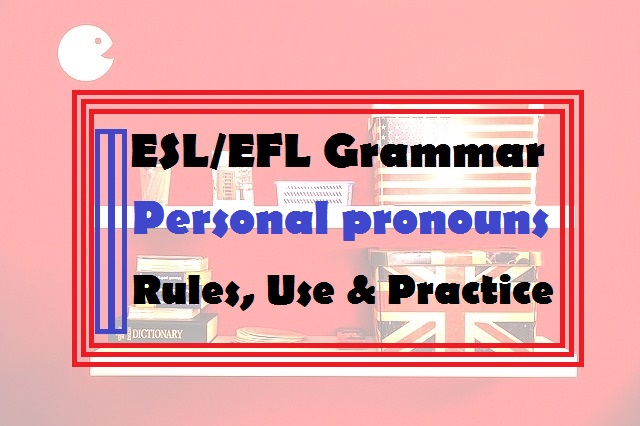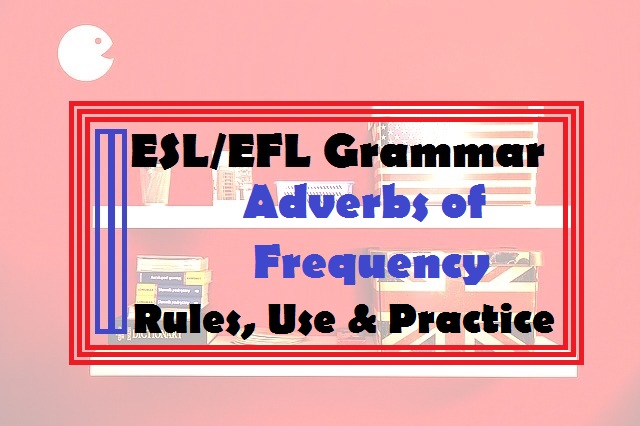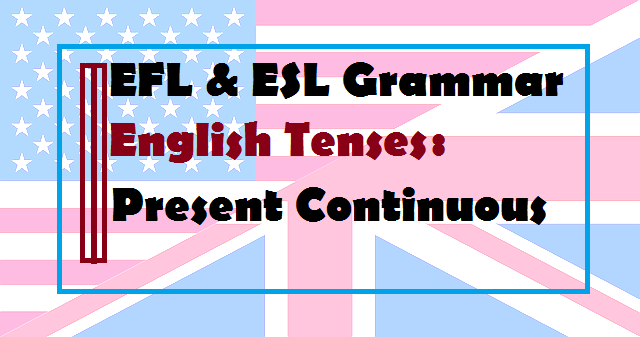The use of personal pronouns in English – Grammar: Rules and practice
How to use personal pronouns in English EFL/ESL Grammar: Rules, use and practice What are personal pronouns? Personal pronouns are used to refer to people. The pronoun (it) refers to things. As you can see in the table, there are two types of personal pronouns: subject pronouns and object pronouns. Personal pronouns Subject pronouns Object […]
The use of personal pronouns in English – Grammar: Rules and practice Read More »





